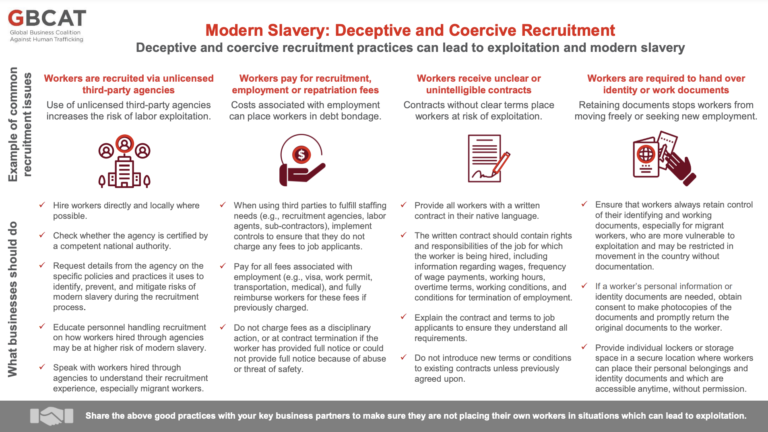Final Evaluation: Engaging Works and Civil Society to Strengthen Labor Law and Enforcement in Peru
GuidanceIn 2018, the United States Department of Labor’s (USDOL) International Labor Affairs Bureau (ILAB) awarded the American Center for International Labor Solidarity (also called Solidarity Center, SC) a three-year, US$2,850,000 cooperative agreement ...Read More

